COP26 Climate Summit held at Glasgow in November 2021 has brought the focus back on to environment and climate change issues in the world. Several countries have pledged to take steps to cut down the carbon emissions and tread on the path towards green transition with set targets for NetZero emissions.
In the series of efforts towards decarbonisation, the recent Marine Environment Protection Committee (MEPC) 77 meeting held in November 2021 has adopted a resolution on voluntary use of cleaner fuels in the Arctic, to reduce black carbon emissions.
Fossil fuel powered mobility has been under scanner recently for its high carbon emissions. It has become pertinent for the stakeholders in the mobility sector to review the current conventional fuels and to think of alternative fuels to meet the new emission targets.
How the new targets for green transition and curbs on fossil fuels set by governments, and the respective global regulatory agencies are going to change the future of the fuels is the prime focus area today. As global demand for transport energy is huge, growing, and largely met by petroleum-derived liquid fuels powering internal combustion engines (ICEs). In this backdrop, in order to bring the attention on the need for green transition, pathway towards decarbonisation, and alternative fuels availability and their efficiency, we have initiated a webinar on the topic, “Decarbonising Shipping: Issues and Challenges,”
We have made MASSA, CMMI, INSA, FOSMA, ICCSA and IME to be part of the event as supporting partners for better reach of the message to a larger community.
SESSIONS – Click Here for Program
Panel ONE – Becoming Carbon Neutral: Regulations, Options and Technology
- What is required by Indian Ship Owners to achieve decarbonisation?
- what is happening at IMO in the regulatory front for decarbonization of international shipping
- Being national authority for collecting the data on emissions – present the Indian scenario
- Uncertainties among ship-owners like: availability of future fuels; cost; technology changes and how they work; dealing with existing vessels; planning for new builds
- Preparing sea farers for the future technology changes; training aspects
- Fuel Additives and their role in reducing emissions & improving fuel efficiency
- Decarbonisation of Marine fuels, the future of Shipping
Panel TWO – Solutions for Sustainability and Efficiency
- In port operations, especially in the context of decarbonization and how the transition to netzero GHG emission is happening
- What is the role of India in decarburization, which uses relatively lesser bunker fuel compared to what is sold in Singapore or globally
- The usage of biofuels and tests done on such fuels for emission reduction
- The safety gaps to be bridged by the shipping industry to transition to low and zero carbon fuels
- Elaborates on revolutionary fuel additive product FuelSpec® that offer GHG emission reduction and fuel efficiency for ships
- What is the role of developing countries like India in decarbonizing the shipping industry as part of GreenVoyage 2050
- Overview of MAN engines for future transition and Latest marked Status in fuel transition
PANELISTS
WHO WILL ATTEND
- Ship Owners
- Ship Management companies
- Marine Engineers
- Classification Societies
- Ship Builders
- OEM Companies



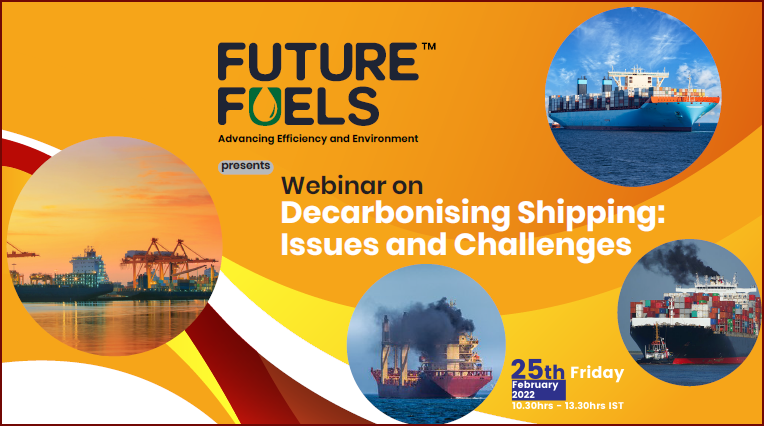




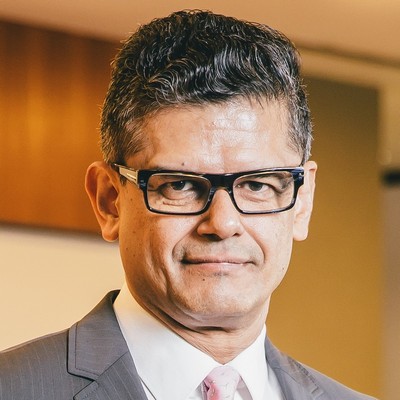








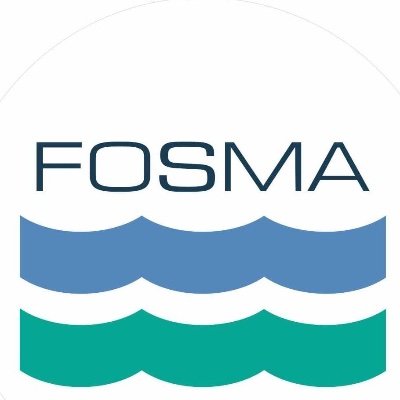
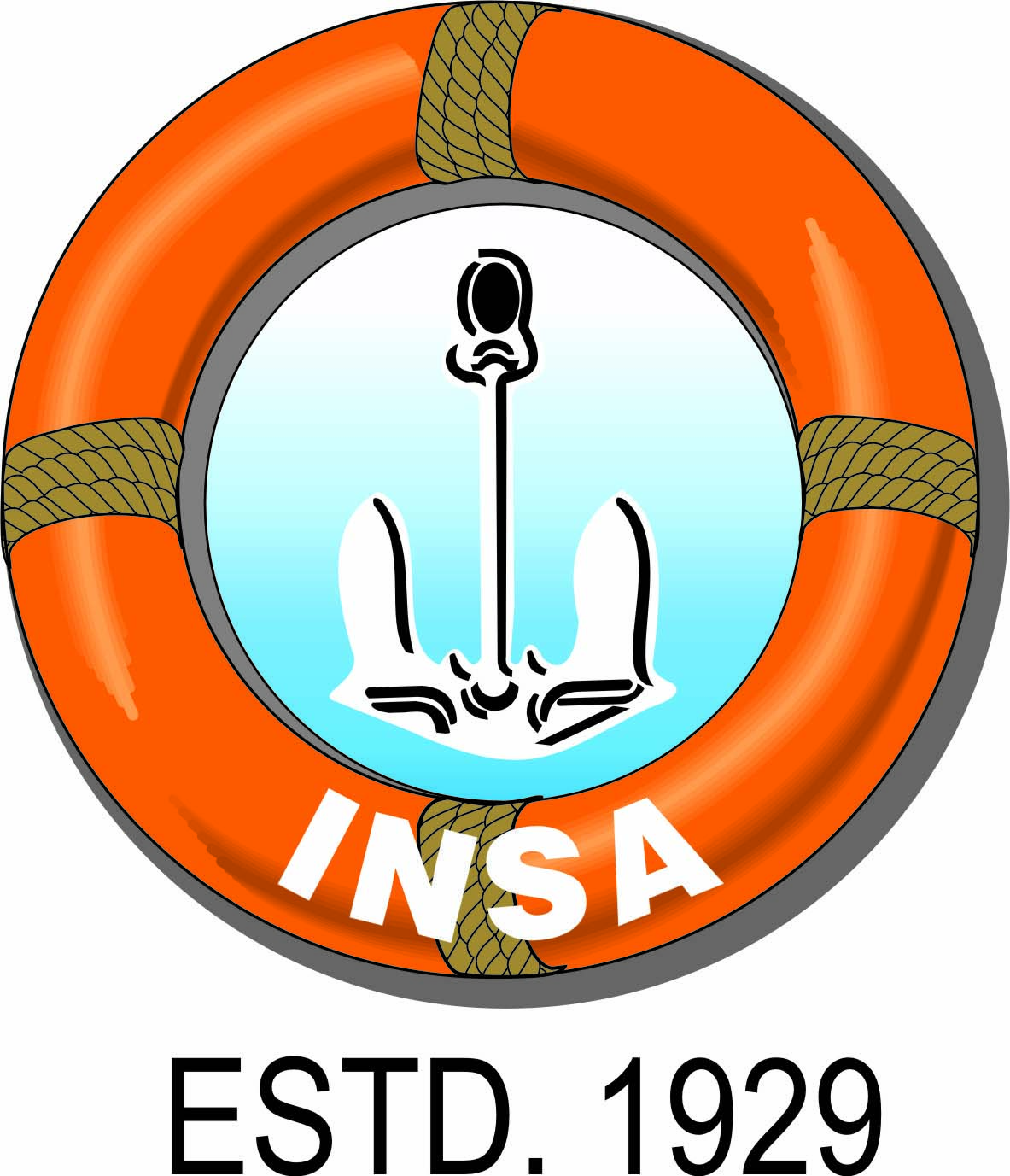
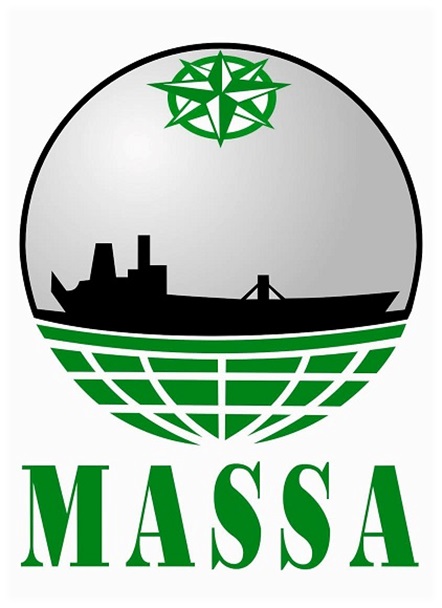
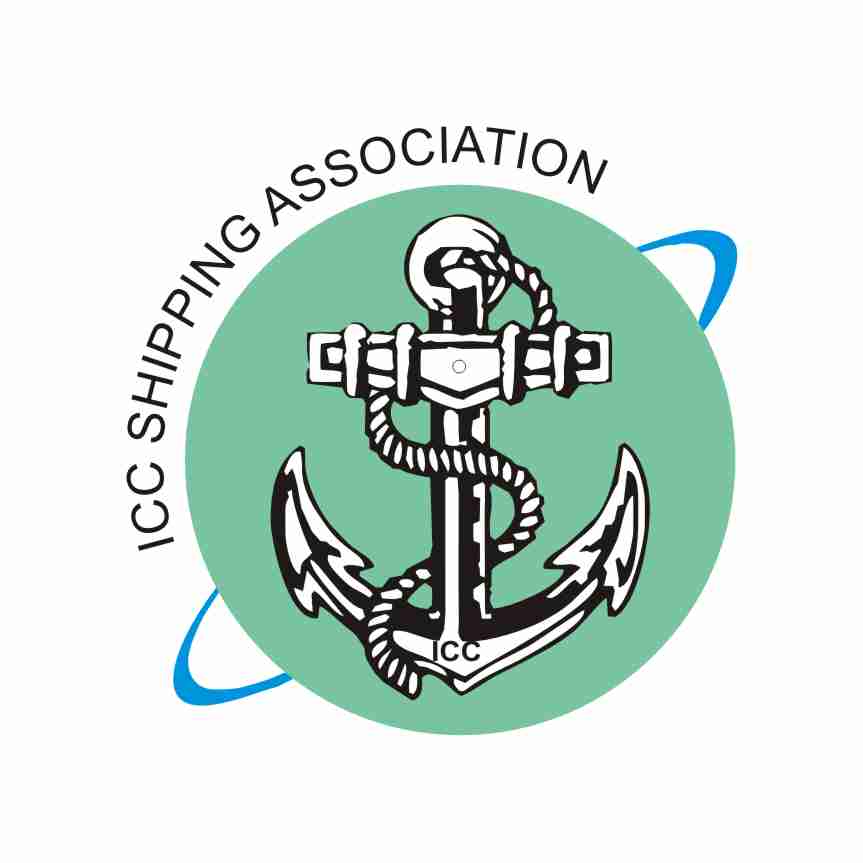
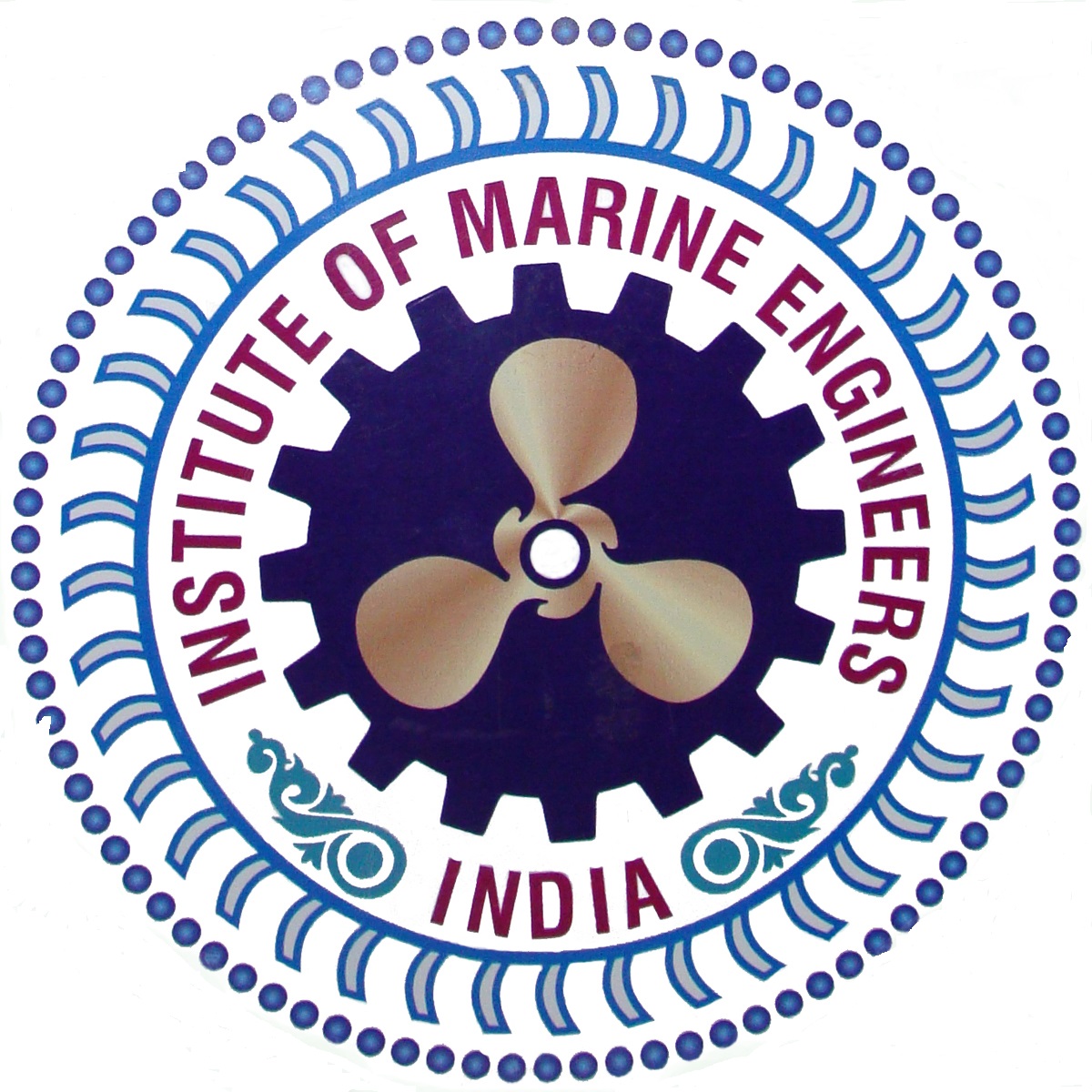
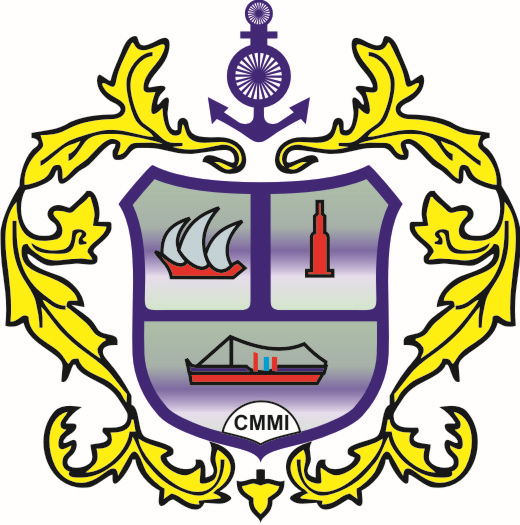
Recent Posts
Hong Kong Launches Incentive Scheme to Promote Green Maritime Fuel Bunkering
MSC Hosts Sustainability Experience in Antwerp for Global Supply Chain Leaders
Kinetics and Mitsui O.S.K. Lines Sign MOU to Develop World’s First Integrated Floating Data Center Platform
Port Newark installs EV truck chargers at PANYNJ facility
Singapore’s first fully electric tug launched, paving the way for zero-emission coastal logistics ecosystem
Blue Marlin Becomes First Inland Cargo Vessel with Solar-Assisted Propulsion
ABB and Royal Caribbean Partner on 15-Year Deal to Drive Vessel Efficiency and Decarbonization
IET Establishes Centres of Excellence for Green Hydrogen and Electric Vehicle Research